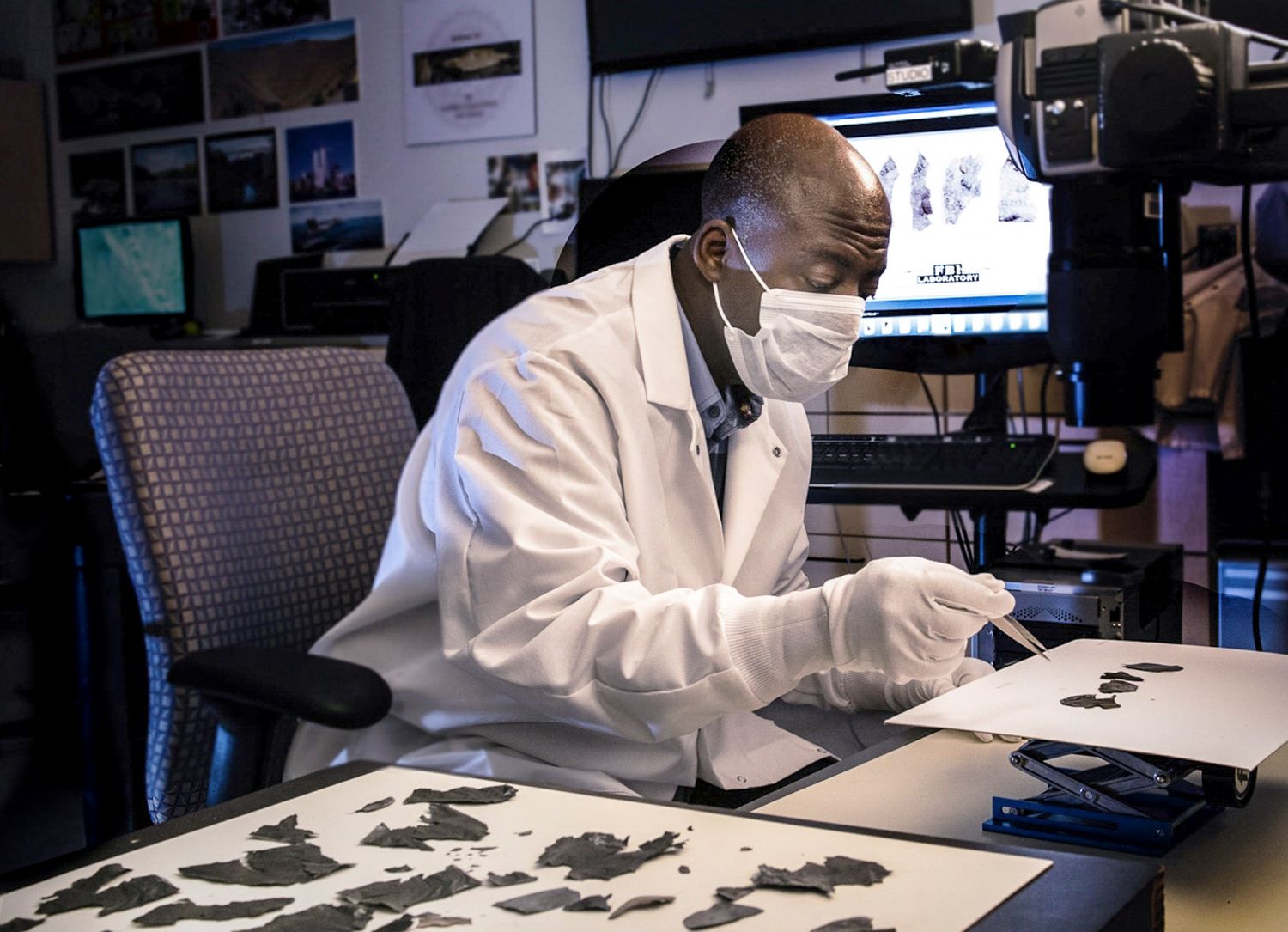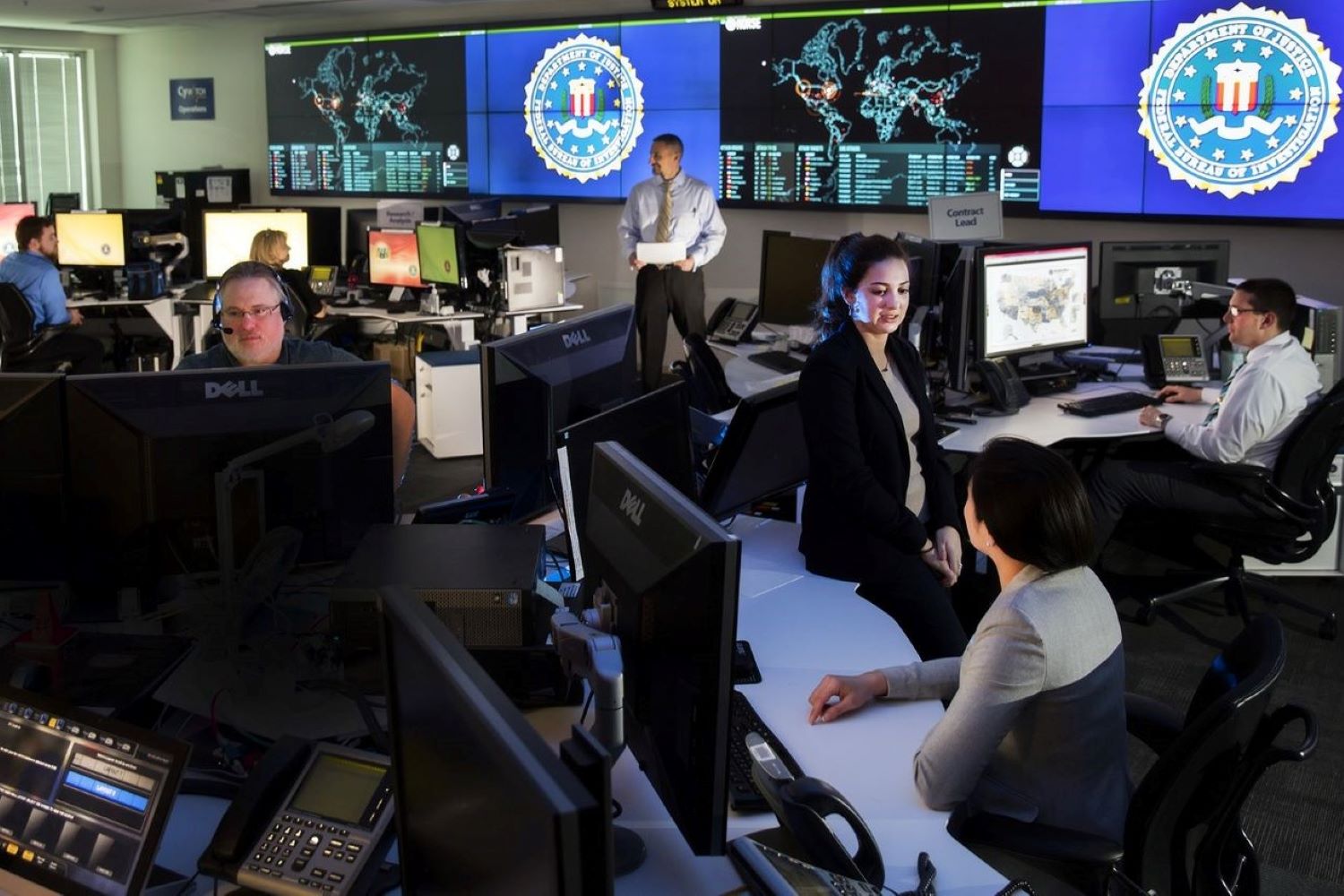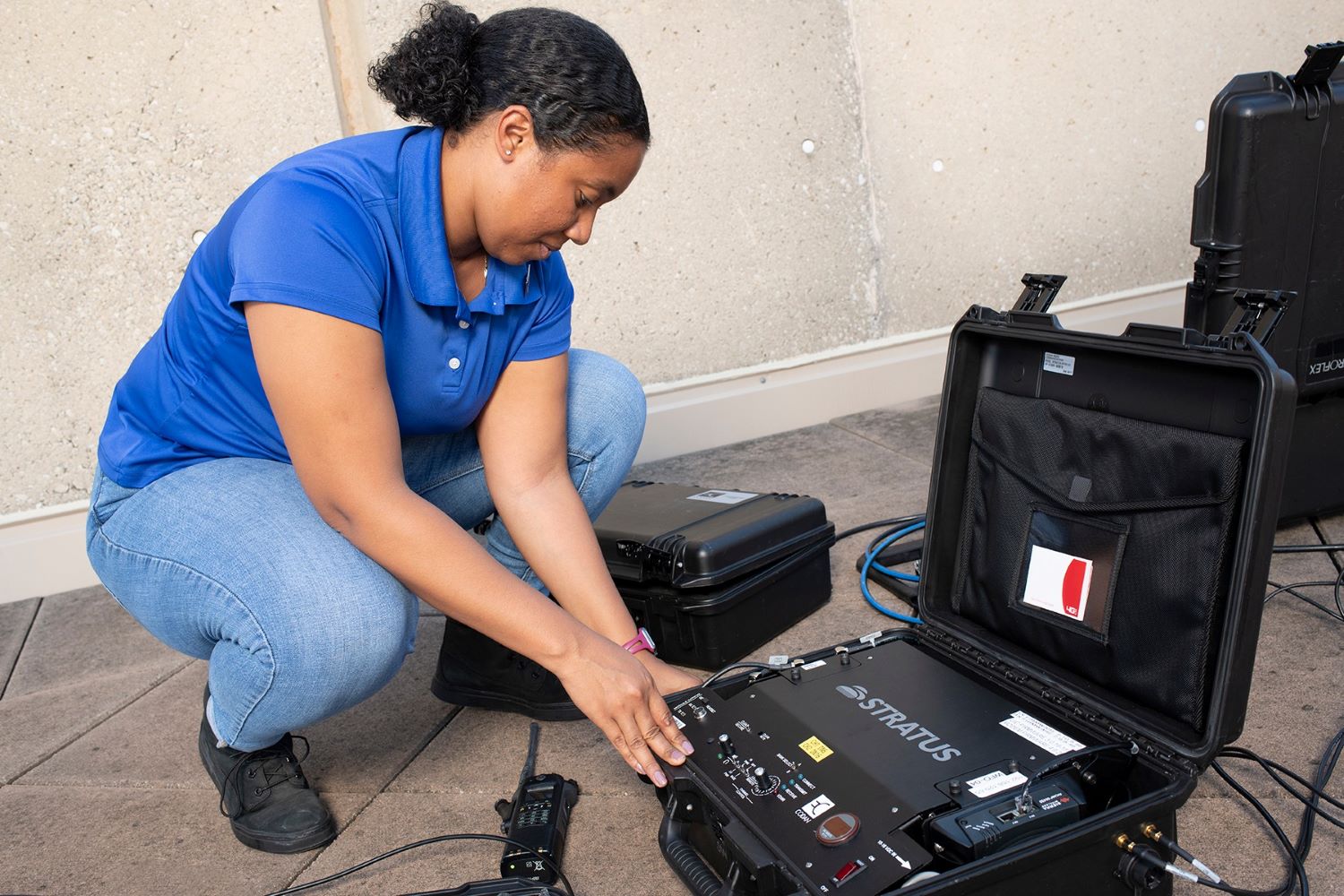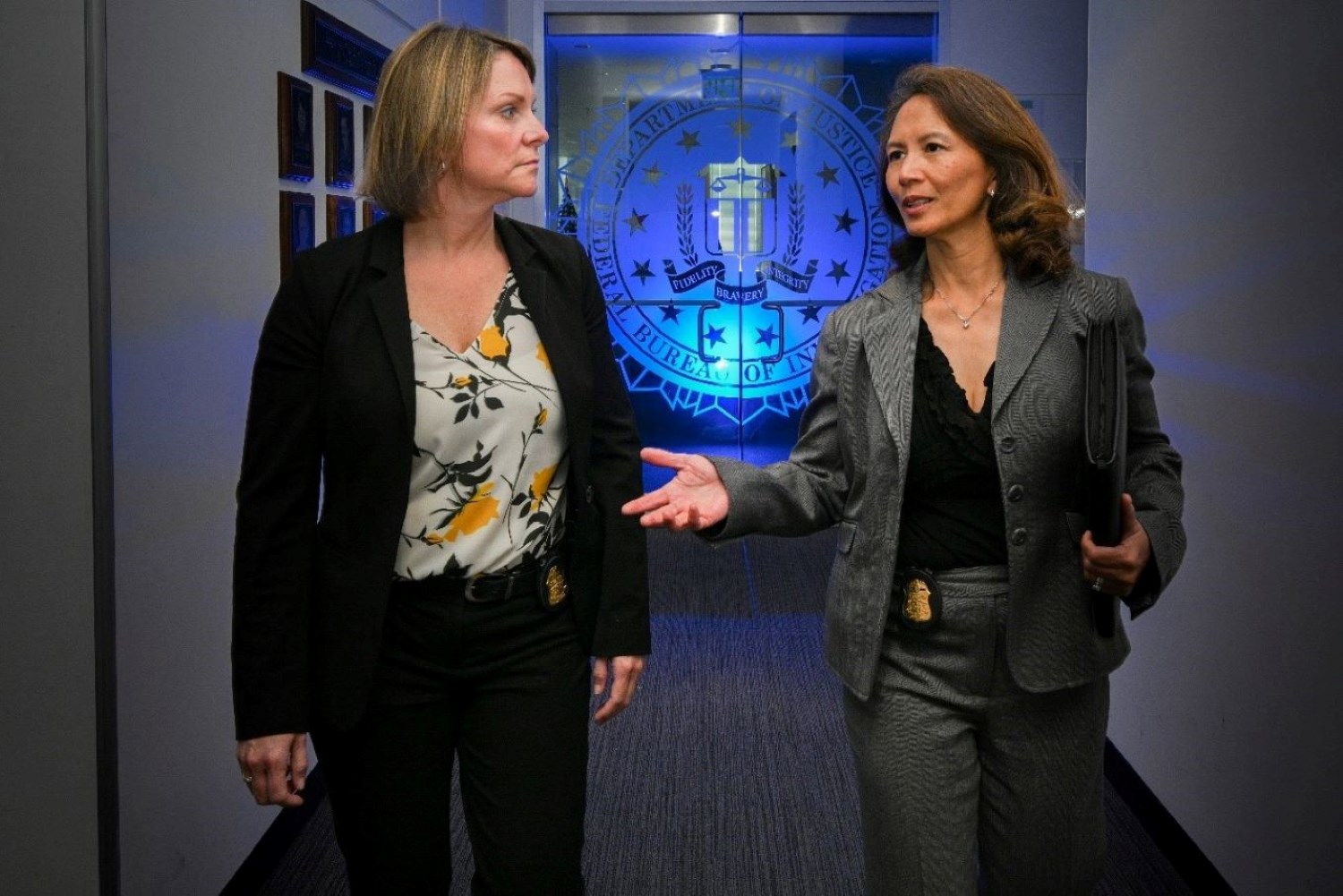Decoding the FBI: A Closer Look at a Career in Federal Law Enforcement
Working for the Federal Bureau of Investigation (FBI) is a prestigious and demanding career path that requires exceptional qualifications and a commitment to upholding the principles of justice and national security.
The FBI, renowned for its vital role in combating crime and protecting the United States from various threats, seeks individuals who possess the necessary skills, expertise, and character traits to excel in its ranks. While the path to becoming an FBI agent may vary for each individual, there are key factors and strategies that can greatly enhance one’s chances of entering this esteemed law enforcement agency.
Let’s explore the qualities, experiences, and steps involved in pursuing a career with the FBI, providing insights from experts and highlighting the importance of specialized knowledge, personal development, social acumen, and a rigorous selection process.
The FBI: Protecting America’s Frontlines and Beyond
First and foremost, let’s delve into the multifaceted world of the FBI and explore its vital role in safeguarding the nation.
The FBI stands as one of the world’s premier law enforcement agencies, entrusted with safeguarding the United States from a myriad of threats.
Founded in 1908, the FBI has evolved into a multifaceted organization that tackles a wide range of crimes, from cybercrime and terrorism to organized crime and public corruption. With a mission to protect and defend the nation, the FBI operates with a steadfast commitment to upholding the rule of law, conducting thorough investigations, and ensuring the pursuit of justice.
The FBI’s jurisdiction spans across federal law enforcement, enabling it to investigate and enforce federal laws that affect the country as a whole. While the FBI is renowned for its iconic work in solving high-profile cases, such as bank robberies, serial killings, and espionage, its efforts extend far beyond the realm of publicized events.
The Bureau works tirelessly to combat complex and evolving threats, including cybersecurity breaches, counterterrorism initiatives, white-collar crimes, and the protection of civil rights.
At the core of the FBI’s operations are its special agents, highly trained professionals who embody the Bureau’s dedication to service and justice. FBI agents undergo rigorous selection processes and intensive training at the FBI Academy in Quantico, Virginia.
Equipped with a diverse set of skills, agents work collaboratively with other law enforcement agencies, intelligence partners, and international counterparts to effectively address national security issues and uphold the integrity of the justice system.
With a commitment to maintaining public trust and upholding the highest ethical standards, the FBI operates under a set of core values: fidelity, bravery, and integrity. These values guide agents in their daily operations, ensuring that investigations are conducted with utmost professionalism, fairness, and impartiality. Through their tireless efforts, FBI agents strive to bring criminals to justice, protect the innocent, and preserve the safety and well-being of the American people.

As the challenges of the modern world continue to evolve, the FBI remains at the forefront of law enforcement, employing cutting-edge technology, intelligence analysis, and investigative techniques to fulfill its mission.
From combating cyber threats to dismantling criminal organizations, the FBI’s work spans the entire spectrum of criminal justice, safeguarding the nation from threats both seen and unseen.
In the pursuit of its mission, the FBI continues to serve as a symbol of integrity, dedication, and excellence, upholding the principles that underpin a just society and standing as a beacon of hope for the nation it serves.
Get to Behind the Curtain with Insider Wisdom
The role of an FBI agent is not to bring justice to the most wanted, but rather to ensure that the most wanted individuals are brought to justice.
Former FBI agent David Shapiro, now a college professor, shares valuable insights on securing a coveted career with the FBI.
“The first thing I say, in all seriousness, is to stay outta trouble, number one. Because there are automatic disqualifiers “
This underscores the need for aspiring agents to uphold high levels of integrity and personal conduct throughout their lives.
It is also crucial to possess a specialty or skill that aligns with the immediate needs of the FBI. By focusing on developing expertise in a particular area, applicants can demonstrate their value to the Bureau and enhance their chances of standing out during the selection process. Having a unique skill set allows candidates to make valuable contributions right from the start of their FBI career.
Moreover, it is advisable for aspiring agents to proactively pursue personal growth and development prior to applying to the Bureau. This involves building diverse life experiences, establishing a strong personal brand, and carving out a niche within their chosen field.
“The best strategy is to sort of develop your own life, your own brand, your own experience, your own niche, and then apply after that” – David Shapiro stated.
The FBI highly values candidates who bring maturity and a wealth of diverse experiences to the table, often favoring individuals who embark on the special agent role as a second career. This ensures a long-term commitment, as the FBI expects agents to serve for a minimum of 20 years.
Additionally, in-depth study and expertise in a specific field offer more than specialized knowledge; they cultivate essential additional skills. Aspiring agents gain proficiency in research, communication, and writing, which are vital for conducting thorough investigations, compiling comprehensive reports, and effectively collaborating with colleagues, informants, and other stakeholders. These skills are indispensable in the daily work of an FBI agent.
Furthermore, the critical role of social interactions and networking in an FBI agent’s work cannot be overstated. While technical expertise is important, successful agents heavily rely on tipsters and sources to gather vital information.
“The FBI agent’s best friend is a tipster. The FBI agent’s best asset is being able to get people to talk to him or her,” said David Shapiro.
Therefore, cultivating strong interpersonal skills and the ability to establish connections with individuals from diverse backgrounds are invaluable assets. The capacity to build trust and rapport allows agents to obtain crucial leads, uncover essential information, and ultimately bring offenders to justice.
Grab a Seat at FBI with an Array of Powerful Instruments

The FBI’s selection process is renowned for its rigorous evaluations and assessments, ensuring that only the most qualified candidates join the ranks of the Bureau. Applicants go through a series of challenging stages to demonstrate their capabilities and suitability for the role of an FBI agent.
According to M.A Myers, Section Chief, FBI Training Division: “Our Technical instructions here look to develop scenarios base off of real cases, so a scenario over in Hogan’s alley which is our technical training is conducted, is going closely mirror, what our instructors have seen during their experiences.”
Written examinations are a key component of the selection process. These assessments evaluate the cognitive abilities and critical thinking skills of applicants. The exams are designed to test problem-solving skills, analytical reasoning, and decision-making under pressure, all of which are crucial in the fast-paced and complex world of FBI investigations.
Physical fitness tests are another vital aspect of the selection process. The FBI requires agents to be physically fit and capable of handling the demanding nature of the job. These tests assess an applicant’s strength, endurance, agility, and overall fitness level. Successful candidates must meet specific physical fitness standards to ensure they can perform the tasks required in the field effectively.
Sunny, a new agent trainee, stated: “Hogan’s alley is really for us where rubber meets the road, you counter scenarios that you might have seen on TV, except it feels a little different when you’re in it, and the way you respond to the movements that you make kind of the muscle memory that they start to teach you.”
Proficiency in firearms is essential for an FBI agent. As a result, candidates undergo firearms assessments to evaluate their knowledge and skill in handling firearms safely and effectively. These assessments measure an applicant’s marksmanship, accuracy, and ability to handle various scenarios that may arise in the line of duty.
Comprehensive background investigations are conducted to thoroughly assess an applicant’s suitability for the position. These investigations delve into an individual’s personal, professional, and educational history.
Interviews are a crucial component of the selection process. They provide an opportunity for the FBI to evaluate an applicant’s qualifications, character, and dedication to the Bureau’s mission. During interviews, candidates may be asked to discuss their motivations for joining the FBI, their problem-solving skills, ethical decision-making, and their ability to work collaboratively in a team.
To have a clearer comprehension of the challenges and benefits involved in being an FBI special agent, let’s take a look on the perspective of Edward Arias – a former FBI special agent who provides an authentic and personal narrative about the requirements and gratification associated with this profession.
“I was lucky graduating from the FBI Academy, I was sent to the New York field office, all the cases were big in the New York field office. So, in terrorism when I got to New York, I got to work on TWA 800 that was a plane going to France that blew up. I got to work the African bombing, which was in Kenyan Tanzania, terrorists tried to embassies there and of course the biggest case was 911. I was in New York 911, saw the second plane go into the building. We work that case for months and I was honored to be part of that investigation.”

Edward Arias mentioned that the length of the FBI academy was 16 weeks, and now it’s to up to 21 weeks. He expressed his deep appreciation for the privilege of teaching at the academy.
In addition to teaching within the United States, Arias had the remarkable opportunity to share his expertise internationally. He regularly visited Thailand, “four or five times a year”, where he taught at a renowned institution known as the International Law Enforcement Academy. Arias also recounted his teaching experiences in various locations, including Hong Kong, the Philippines, and Australia.
“It’s been a really good career. I got to do things that I wouldn’t have done ordinarily, got to investigate really interesting cases, I got to travel the world, I got to fly. As a professional pilot, I still fly with the FBI. I’m currently a what’s called a task force officer, which is a mistake officer that I swore into the FBI, so I get Federal Authority and they still let me fly, which is great.”
Bottom Lines
Working for the FBI is a prestigious and demanding career that requires exceptional qualifications, specialized skills, and a deep commitment to upholding justice and national security.
The FBI plays a vital role in safeguarding the nation from various threats, with its special agents at the forefront of investigative efforts. To pursue a career with the FBI, aspiring agents should focus on personal development, possess a specialty aligned with the Bureau’s needs, cultivate strong interpersonal skills, and navigate the rigorous selection process.
Through dedication, integrity, and a relentless pursuit of excellence, individuals can contribute to the FBI’s mission of protecting and serving the American people.









